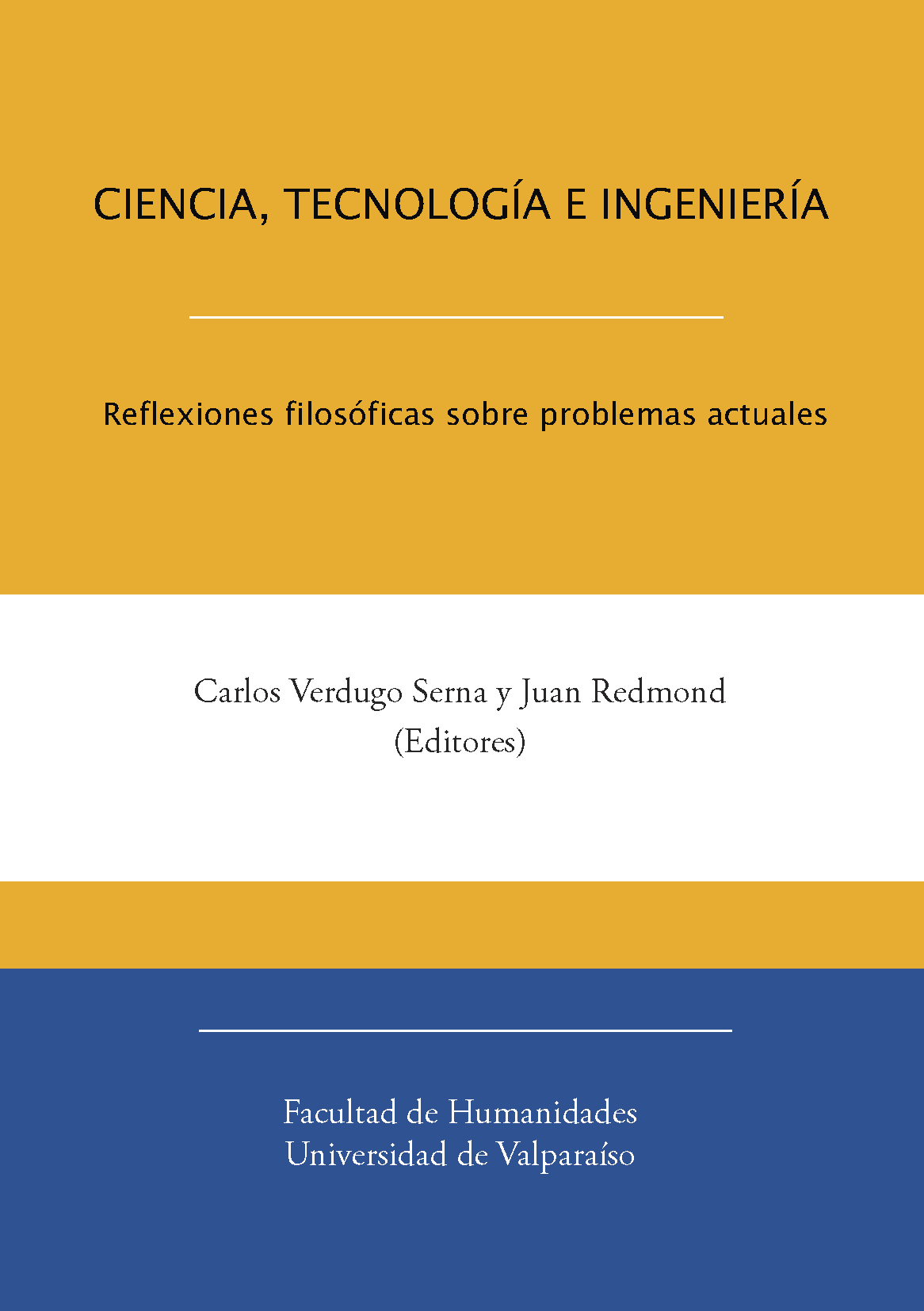El enfoque evolucionista en el debate económico contemporáneo
DOI:
https://doi.org/10.22370/sst.2013.1.5152Abstract
El articulo revisa el paradigma evolucionista en economía, sus principales conceptos y argumentos. Esta concepción posee dos versiones: la “evolutiva histórica”, basada en Schumpeter y la “evolutiva biológica”, asociada al sistema teórico darwiniano. Con respecto a esta ultima, puede hacerse una distinción entre los que realizan una aplicación analógica de la teoría de Darwin y entre aquellos que sostienen una concepción universalista u ontológica.
Se fundamenta que la economía evolucionista intenta establecer una alternativa teórica a la economía neoclásica. Se ponderan, por lo tanto, las implicancias del evolucionismo económico, y se realiza una valoración sobre el surgimiento disciplinario e institucional de esta corriente de pensamiento.
Downloads
References
Aldrich, H., Hodgson, G, Hull,D; Knudsen, T., Mokyr, J. and Vanberg, V. (2008), “In Defence of Generalized Darwinism”, Journal of Evolutionary Economics, Vol. 18, No. 5, 2008, p. 577-596.
Andersen, E. S. (2006). "Appraising Schumpeter's 'Essence' after 100 Years: From Walrasian Economics to Evolutionary Economics," DRUID Working Papers 06-35.
Dawkins, R. (1983). “Universal Darwinism”, in D. S. Bendall (ed.). Evolution from Molecules to Man, Cambridge: Cambridge University Press. 1983: 403–25. .
Darwin, Charles [1887] (1958), Barlow, Nora, ed., The Autobiography of Charles Darwin 1809–1882. With the original omissions restored. Edited and with appendix and notes by his granddaughter Nora Barlow, London: Collins.
Dennett, D. C. (1995). Darwin’s dangerous idea: evolution and the meanings of life. Allen Lane, London.
Dopfer Kurt (ed.) (2005), The Evolutionary Foundations of Economics, Cambridge University Press.
------ and Potts, J. (2008). The General Theory of Economic Evolution. London, New York: Routledge
England, R. W. (ed.) (1994). Evolutionary Concepts in Economics. Ann Arbor: Mi, University of Michigan.
Foster, J. and J. Metcalfe (2001). Frontiers of Evolutionary Economics: Competition, Self-Organization and Innovation Policy. Cheltenham: Edward Elgar.
Freeman, C. and C. Louca (2001). As Time Goes By: From the Industrial Revolutions to the Information Revolution. Oxford: Oxford University Press.
Hanusch, H., and Pyka, A. (eds.) (2007), Elgar Companion to Neo-Schumpeterian Economics. Cheltenham: Edward Elgar.
Hodge J. (edit.) (2009), The Cambridge Companion to Darwin, Cambridge University Press, second edition.
Hogdson, G., (1993a). Economics and Evolution: bringing life back into economics. Polity Press and University of Michigan Press,Cambridge,
----- (1993b). “The Mecca of Alfred Marshall”, The Economic Journal, Vol. 103, No. 417 (Mar., 1993), pp. 406-415, Royal Economic Society.
----- (1997). “The evolutionary and non-darwinian economics of Joseph Schumpeter”. Journal of Evolutionary Economics, 7 (2): 131–145 46/ El Enfoque Evolucionista…
----- (1999). Evolution and institutions: on evolutionary economics and the evolution of economics. Edward Elgar, Cheltenham
----- (2001). “Is Social Evolution Lamarckian or Darwinian?”, in Laurent, John and Nightingale, John (eds). Darwinism and Evolutionary Economics (Cheltenham: Edward Elgar), pp. 87-118.
----- (2002a). “Darwinism in economics: from analogy to ontology”, J Evol Econ, 12: 259–281, Journal of Evolutionary Economics, Springer-Verlag.
----- (2002b). A Modern Reader in Institutional and Evolutionary Economics. Key concepts. Edward Elgar, Cheltenham, UK. European Association Of Evolutionary Political Economy.
----- (2004), “Veblen and Darwinism”, International Review of Sociology, Revue Internationale de Sociologie, Vol. 14, No. 3, pp. 343-361
----- (2008) “How Veblen Generalized Darwinism”, Journal Of Economic Issues, Vol. XLII No. 2 June.
------ and Knudsen, T. (2010). Darwin’s Conjecture. The Search for General Principles of Social and Economic Evolution. Chicago, Chicago University Press.
Lundvall, B.-A., (ed.) (1992). National Systems of Innovation: Towards a Theory of Innovation and Interactive Learning, London: Pinter Publishers.
McCraw, T. K. (2007). Prophet Of Innovation. Joseph Schumpeter and Creative Destruction, Cambridge, Massachusetts, and London, England, The Belknap Press of Harvard University
Malthus, T. [1826, 6th ed.]. An Essay on the Principle of Population, Indianapolis: Indiana, Online Library of Liberty; Liberty Fund, 2011.
Metcalfe, S. (1998). Evolutionary economics and creative destruction. Routledge,London
Moss, L. (1994), “Geoffrey M. Hodgson, Economics and Evolution: a Review article”, Marshall Studies Bulletin 4: 33-49.
Nelson, R. and Winter, S. (1982). An Evolutionary Theory of Economic Change. Cambridge: Harvard University Press.
----- (2005). Technology, Institutions and Economic Growth. Cambridge, MA: Harvard University Press.
Penrose, E. (1952). 'Biological Analogies in the Theory of the Firm', American Economic Review, XLII (5), December, 804-19.
Ritchie D. G. (1889). Darwinism and politics. London, Swan Sonnenschein.
Rosenberg, A. (2000). Darwinism in philosophy, social science and policy. Cambridge. Cambridge University Press.
Ruth, M. (1996). “Evolutionary economics at the crossroads of biology and physics”. Journal of Social and Evolutionary Systems, 19(2): 125–144
Rutherford D. (2007), Economics. The Key Concepts. London, Routledge.
Schumpeter, J. (1934). Theory of Economic Development. Cambridge: Harvard University Press.
----- (1954). History of Economic Analysis. London, Allen & Unwin Publishers.
Spencer, H. (1887). The Factors of Organic Evolution. London: Williams and Norgate, 1887.
Veblen, T. (1898). “Why is economics not an evolutionary science?”, Quarterly Journal of Economics, 12, 373–97.
----- (1899). The Theory of the Leisure Class: An Economic Study of Institutions. New York, Macmillan.
Vinck, D. (2010). The Sociology of Scientific Work. The Fundamental Relationship between Science and Society. Cheltenham, Edward Elgar.
Witt, U. (ed) (1992). Explaining process and change: approaches to evolutionary economics. University of Michigan Press,Ann Arbor,MI
----- (1996). “A ‘Darwinian’ revolution in economics?”, Journal of Institutional and Theoretical Economics, 152(4): 707–715
----- (2001). “Evolutionary economics: an interpretative survey”. In: Dopfer K (ed) Evolutionary economics: program and scope, Kluwer, Boston, pp 45–88.
----- (2003). The Evolving Economy: Essays on the Evolutionary Approach to Economics. Cheltenham: Edward Elgar.
----- (2006), “Evolutionary Economics”, en N. Durlauf and L. E. Blume, The New Palgrave Dictionary of Economics, Palgrave Macmillan.
Downloads
Published
How to Cite
Issue
Section
License

This work is licensed under a Creative Commons Attribution-NonCommercial-NoDerivatives 4.0 International License.

